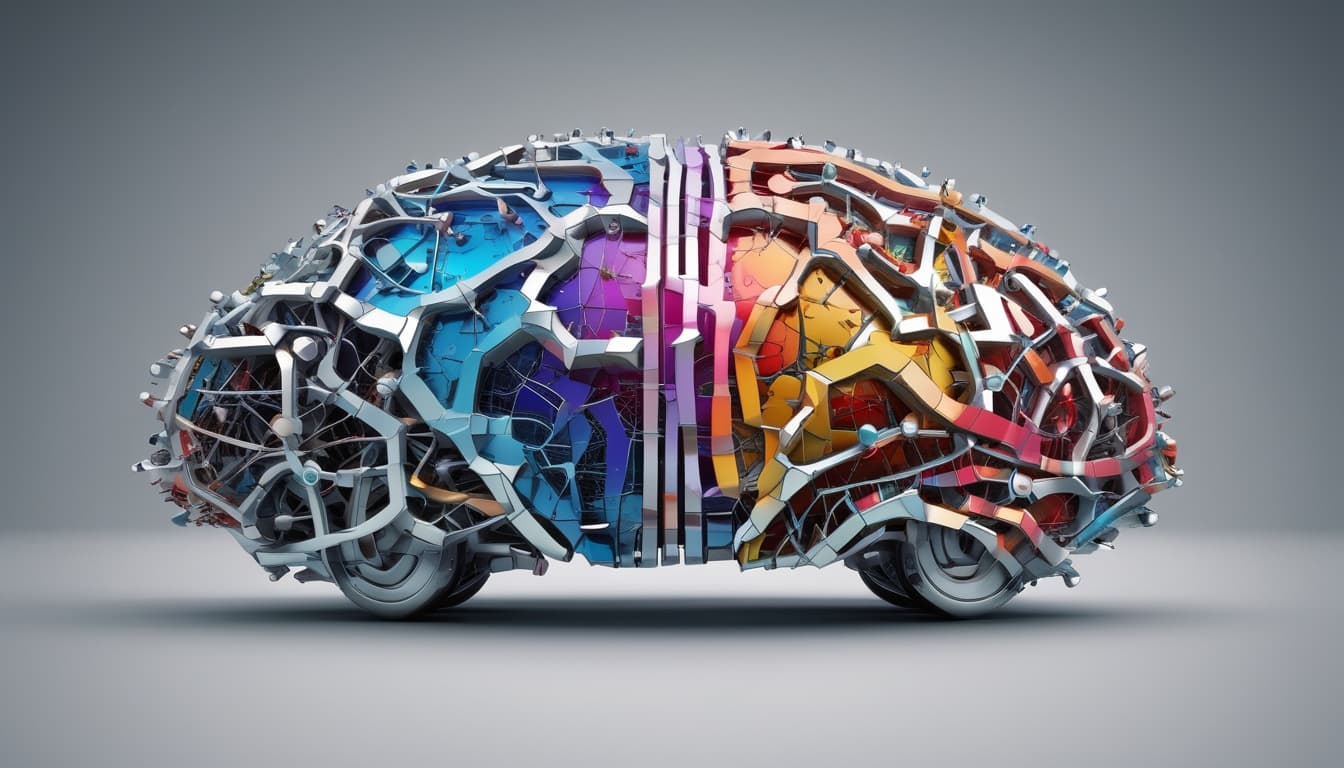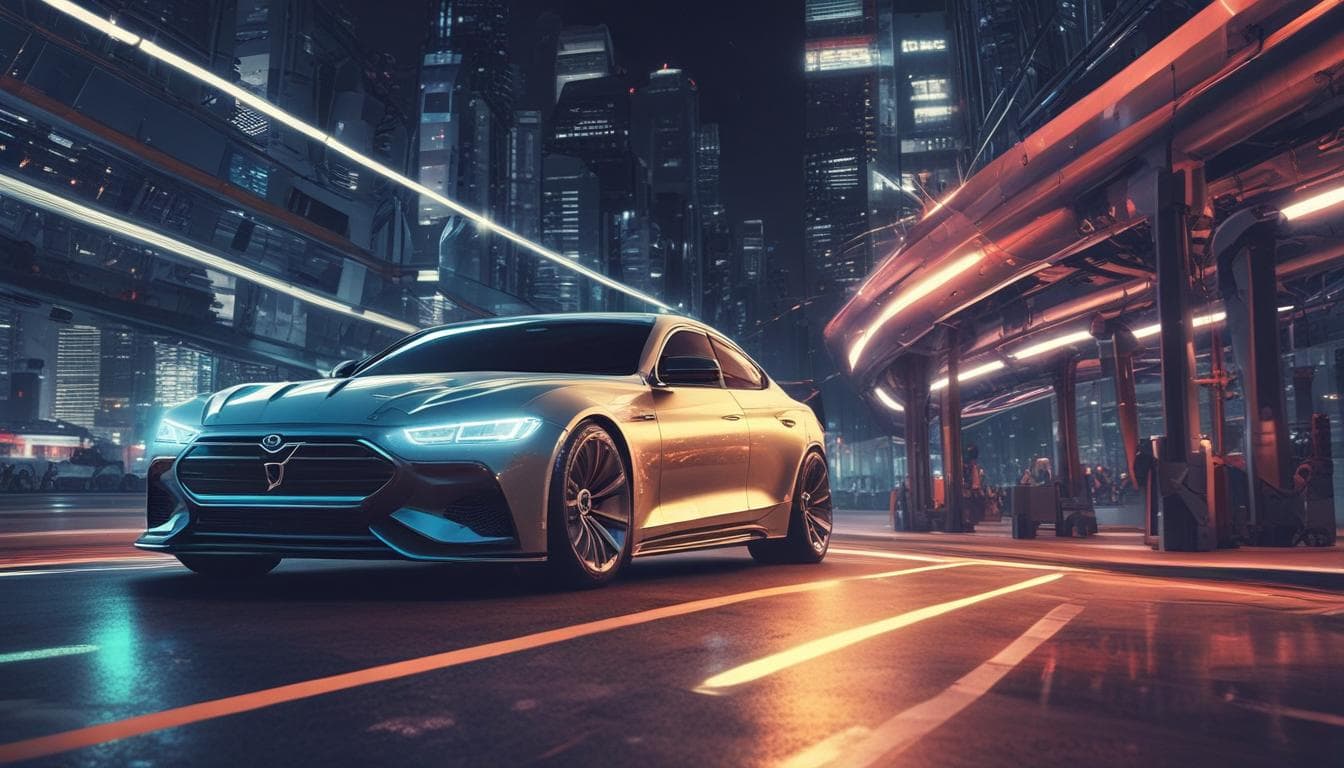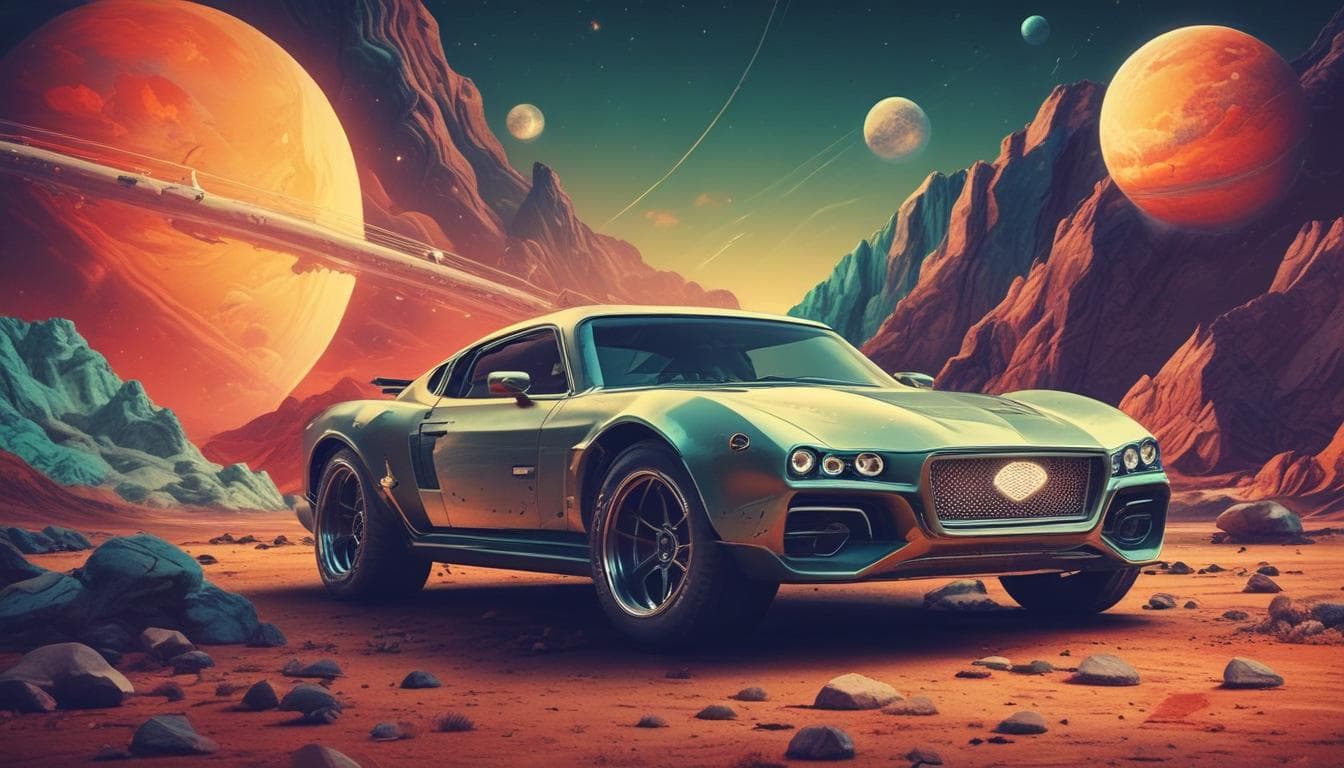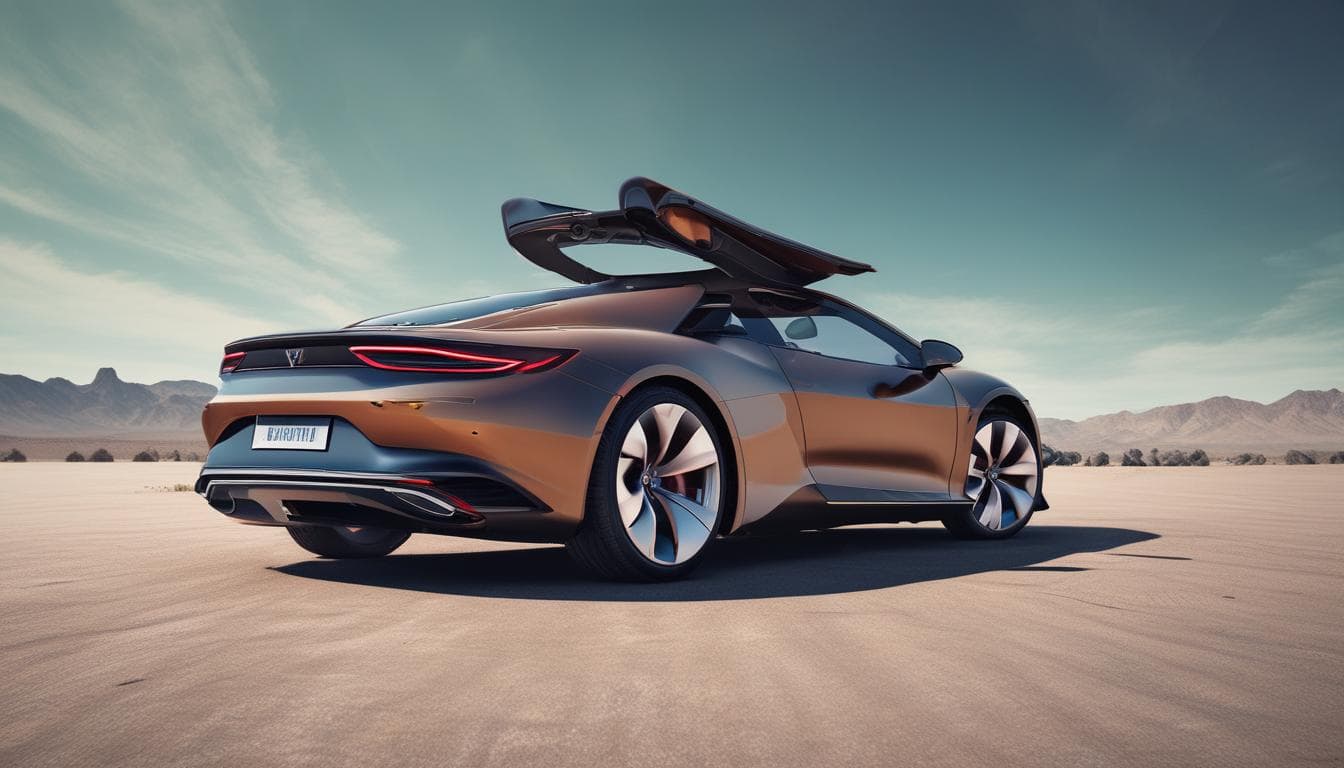With the increasing integration of AI in vehicles, how might the role of the car mechanic evolve? Will mechanics become AI specialists, diagnosing and repairing complex algorithms, or will their skills shift towards maintaining the physical hardware alongside AI assistants? What new opportunities and challenges do you foresee for this profession?
The integration of AI into vehicles is indeed transforming the role of car mechanics in profound ways. Here are some key points to consider about the evolution of this profession:
The Shift to AI Specialists
As vehicles become more reliant on AI for functionalities such as autonomous driving, diagnostics, and driver-assistance systems, mechanics will need to adapt by gaining proficiency in software and algorithm troubleshooting. This transition means that:
- Training in Software Skills: Many mechanics might require additional training in AI technologies and software management. Understanding how different algorithms function will be essential for diagnosing problems.
- Collaboration with AI Systems: Mechanics may need to work closely with AI diagnostic tools that can run complex checks to identify issues, making their roles more collaborative with technology.
Maintaining Physical Hardware
Despite the growing presence of AI, the physical components of vehicles will still require expert care. Mechanics will continue to address:
- Hardware Repairs: As vehicles still contain many mechanical systems, traditional skills in maintenance and repair work will remain crucial. This includes engine repairs, brake systems, and more.
- Integration of AI with Traditional Mechanics: Mechanics will have to understand how AI and conventional systems interact. This opens opportunities for specialization in hybrid technologies where both mechanical and digital skills are essential.
New Opportunities and Challenges
The evolution of vehicle technology brings forward a mixed bag of opportunities and challenges:
- Upskilling: Mechanics have the opportunity to enhance their skills through certifications in digital mechanics and AI technologies. A proactive approach can lead to advanced career paths or roles as AI specialists.
- Job Market Competition: As the automotive landscape changes, there might be an influx of new technicians with backgrounds in IT and software engineering, which could create a competitive job market. Therefore, existing mechanics will need to showcase their adaptability and ongoing learning.
This transformative period aligns with trends discussed in articles like The AI Revolution in Automotive, where it highlights the reshaping of roles across the industry due to AI integration. The future of automotive work and the skills required will undoubtedly evolve, creating a more diverse and technologically integrated workforce.
探索更多相关内容
加入讨论
- 未来汽车的“生物感官”:它们将如何感知城市与人类?
探讨未来汽车超越传统视觉与雷达,拥有嗅觉、味觉、触觉等生物感官的可能性。想象这些“汽车五感”如何改变车辆对城市环境的理解、重塑驾驶体验、优化交通系统设计,并深化人与汽车的情感联结。加入讨论,分享你对智能汽车感官进化的独特见解。
- 未来汽车:移动的个人健康管理中心?机遇、挑战与展望
探讨未来汽车如何转变为“移动个人健康管理中心”,实时监测身体指标、提供个性化建议。分析其对日常生活、健康习惯的影响,以及带来的机遇、挑战,包括隐私、数据安全和跨界合作等问题。
- 汽车智能情感交互:畅想未来驾驶体验
探讨汽车如何根据驾驶员的情绪调整驾驶体验,包括音乐、灯光和驾驶模式,分析其潜在的益处和风险,以及用户最期待的功能和担忧。





